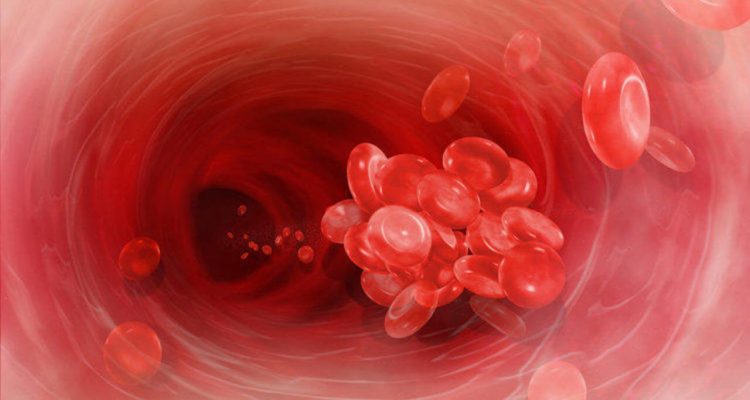
Seven types of people most likely to develop blood clots
1
Thrombi that occur in inappropriate places that can block blood flow to the brain and heart, causing life-threatening conditions.
Check whether you belong to the type of people who have an increased risk of blood clots.
< strong>Owners of excess weight.With a small excess weight, the probability of blood clot formation is not too high, but as excess body weight increases, it becomes more and more significant. Venous thromboembolism can occur in obese people, in which blood clots form in a vein and travel through the blood.
Kutsi. Substances in tobacco smoke can damage the lining of blood vessels, increasing the risk sticking together of its fragments into clots.
Pregnant woman.One of the reasons why they are prone to blood clots is the hormones (especially estrogen) circulating in the blood. Another is the growth of the fetus. As the baby grows, it can put pressure on the blood vessels in the abdomen and pelvis, blocking blood flow and causing clots to form.
People taking estrogen medications.
strong> Taking birth control pills or hormone replacement therapy can increase the likelihood of blood clot formation three to four times. Symptoms such as a swollen leg, shortness of breath or chest pain are red flags to check for clots.
People with chronic medical conditions.According to medical data, blood clots most often occur in the presence of such diseases as diabetes, HIV, inflammatory bowel diseases (Crohn's disease, colitis), some types of cancer (brain, ovaries, pancreas, colon, stomach, lungs, kidneys).< /p>
They are without movement for a long time. About half of the cases of deep vein thrombosis occur in patients who have been in a hospital bed for several days or weeks after an operation or illness. But scientists warn that virtually any immobility of the body for several hours increases the risk of blood clots. Having to sit in a car, bus or plane for four or more hours is a fairly common situation in which blood clots occur, especially if the person is not drinking enough water.
Inherited the problem. Another type of people in whom blood clots most often occur are owners of hereditary pathology. Some hereditary diseases make the blood thicker and prone to coagulation, formation of clots.









Leave a Reply